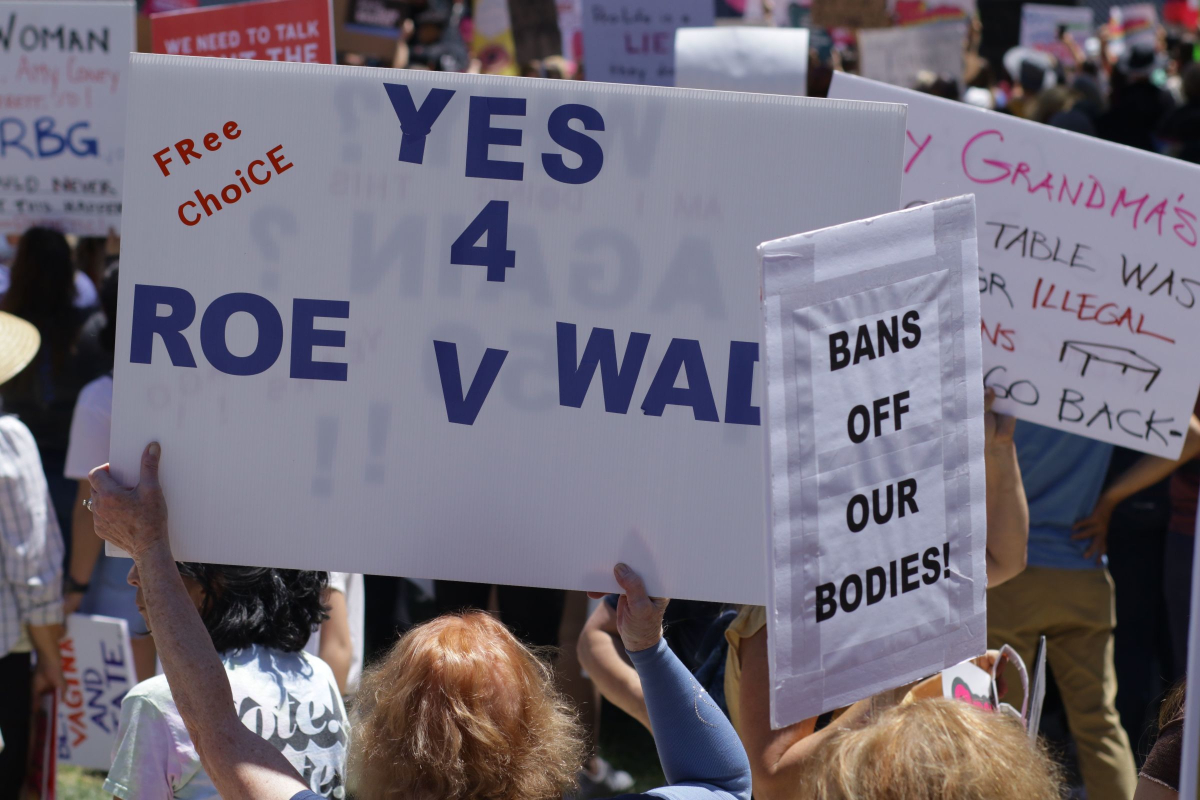Recent news out of Minneapolis has sent shockwaves across the nation, as city council members unanimously agreed to settle two lawsuits for a collective $9 million. John Pope and Zoya Code were both subjected to similar police brutality by ex-officer Derek Chauvin before he took George Floyd’s life in 2020.
Pope’s incident with Chauvin dates back to September 2017, when he was called upon by law enforcement after an alleged domestic dispute at his residence. His mother had accused him of physically assaulting her over unplugging phone chargers from the wall – something Pope claimed self-defense against.
Despite this, Chauvin proceeded to hit Pope on the head with a metal flashlight and strangle him until unconsciousness set in; then keeping him handcuffed down on the floor with his knee pressed into Pope’s neck and upper back for more than fifteen minutes despite multiple other officers witnessing it all take place. Paramedics eventually arrived soon thereafter, noting that stitches would be necessary due to their observation of the injury inflicted during this attack – one which should have never taken place in the first place.
In June 2017, Zoya Code’s mother contacted the police accusing her of strangling her with an extension cord. When Officer Chauvin arrived at their home, he witnessed Code walking past him and proceeded to engage in a struggle with two other officers – eventually resulting in her being handcuffed “without incident”. However, this did not stop Chauvin from then slamming her head into the ground and placing his knee on the back of her neck while simultaneously using a hobble device on Code, which was later banned by Minneapolis Police Department. Although she was charged with domestic assault it was dropped eventually.
The injustices inflicted upon both Pope and Code through these incidents demonstrate how Derek Chauvin’s murderous act against George Floyd represents more than just one isolated instance; instead, it unveils systemic racism within law enforcement as well as excessive force often used towards Black individuals, which has devastating long-term effects for them and their communities alike.
This is reflected in Minneapolis’ recognition of said wrongdoings by offering substantial settlements to both victims as further evidence that there needs to be greater reform when it comes to police accountability.











